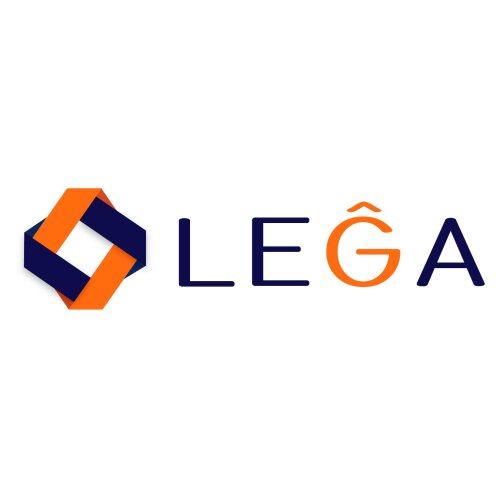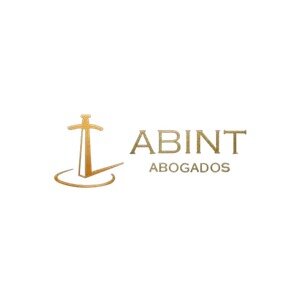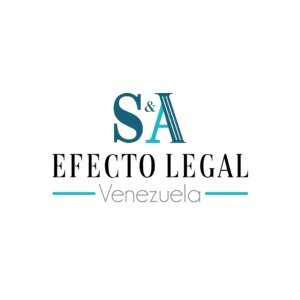Best Private Equity Lawyers in Venezuela
Share your needs with us, get contacted by law firms.
Free. Takes 2 min.
Or refine your search by selecting a city:
List of the best lawyers in Venezuela
About Private Equity Law in Venezuela
Private Equity (PE) in Venezuela involves the investment of capital into private companies, often to help them grow, restructure, or to fund other corporate activities. This typically occurs through funds or investment vehicles that acquire equity stakes in these companies. The Venezuelan Private Equity market has particular characteristics largely shaped by the country's economic, regulatory, and political conditions. Venezuelan law governs how such investments are structured, the rights and obligations of investors, and the procedures for returning capital and profits. While Venezuela has seen limited activity compared to regional peers, opportunities do exist, especially in sectors vital to the local economy such as energy, consumer goods, and technology.
Why You May Need a Lawyer
Private Equity transactions in Venezuela can be complex, involving multiple parties, significant sums of money, and numerous legal and regulatory requirements. You may need a lawyer for situations such as:
- Structuring a Private Equity fund or investment vehicle.
- Drafting, negotiating, or reviewing investment agreements and term sheets.
- Conducting due diligence on target companies or potential investors.
- Navigating currency exchange controls and capital repatriation rules.
- Managing regulatory filings and local compliance issues.
- Resolving disputes between investors, fund managers, or portfolio companies.
- Understanding tax implications of investments and exits.
- Advising on exit strategies including IPOs, trade sales, or buybacks.
An experienced lawyer can help mitigate risks, ensure compliance, and protect your investment throughout the entire process.
Local Laws Overview
Private Equity investments in Venezuela are governed by several key pieces of legislation and regulations. These include:
- Commercial Code: Sets out the rules for company formation, governance, shareholder rights, and mergers.
- Foreign Investment Law: Addresses requirements for non-Venezuelan investors, including registry with authorities and repatriation of profits.
- Exchange Control Regulations: Currency exchange controls affect how investments are made, profits are distributed, and capital is repatriated.
- Labor Law: Governs employment matters in the companies acquired or invested in.
- Securities Market Law: Applies in cases where securities, such as equity or debt, are issued as part of the transaction.
- Tax Law: Determines tax obligations for both local and foreign investors, including income, capital gains, and remittance taxes.
Due to fluctuations in local regulations and frequent reforms, keeping updated is crucial. The assistance of a qualified legal professional is highly recommended to navigate these laws smoothly.
Frequently Asked Questions
What is Private Equity in the context of Venezuela?
Private Equity in Venezuela refers to direct investments into private companies or the acquisition of controlling stakes, often with the intention of business growth, restructuring, or eventually selling the company for profit.
Are there restrictions on foreign investors participating in Private Equity deals?
Yes, foreign investors must comply with specific registration requirements and may face limitations under the Foreign Investment Law, as well as currency control restrictions that affect capital inflows and outflows.
How does currency exchange control impact Private Equity investments?
Stringent currency controls can affect the ability to bring in investment capital and repatriate profits or proceeds from exits. Legal advice is crucial to structure transactions that comply with these requirements.
What legal structure is common for Private Equity funds in Venezuela?
Private Equity funds are usually established through local companies such as sociedades anónimas (S.A.) or through offshore vehicles that invest in Venezuelan companies, depending on the investor profile and regulatory considerations.
What are the key steps in a typical Private Equity transaction?
The main steps include negotiating the deal, conducting due diligence, drafting and signing investment agreements, fulfilling regulatory filings, and closing the transaction. Exit strategies are also planned at the outset.
Is due diligence required for Private Equity investments in Venezuela?
Yes, due diligence is essential and should cover financial, legal, operational, and tax aspects to identify risks before completing a transaction.
Are there any sector-specific restrictions for Private Equity investments?
Some sectors, particularly those considered strategic such as oil, gas, and mining, may have additional restrictions or require government approval for foreign investments.
How are Private Equity profits taxed in Venezuela?
Profits from Private Equity investments are generally subject to capital gains tax and other applicable taxes. The tax structure may vary for local versus foreign investors.
What remedies are available if a dispute arises in a Private Equity deal?
Parties can resort to local courts or agree to arbitration in their contracts. Many transactions favor international arbitration to avoid local court risks.
Can profits or capital be repatriated after an exit?
While legally possible, repatriation of capital and profits is subject to strict currency exchange regulations that can delay or limit transfers. Legal advice should be sought to explore available avenues.
Additional Resources
If you are planning to engage in Private Equity in Venezuela, you may find the following useful:
- Superintendencia de las Instituciones del Sector Bancario (SUDEBAN) - the main financial regulator.
- Superintendencia Nacional de Valores (SUNAVAL) - regulates securities and stock market operations.
- Servicio Nacional Integrado de Administración Aduanera y Tributaria (SENIAT) - oversees tax and customs matters.
- Cámara Venezolana de Fondos de Capital Privado (CAVECAP) - promotes Private Equity and venture capital.
- Commercial law firms specializing in corporate and Private Equity matters in Venezuela.
- Business chambers and trade associations that publish periodic updates on legality and market conditions.
Next Steps
If you are considering a Private Equity investment in Venezuela, here are practical steps to follow:
- Define your investment goals and identify potential targets or partners.
- Consult with a lawyer experienced in Venezuelan Private Equity transactions to assess regulatory and tax implications.
- Conduct thorough due diligence, including legal, financial, and operational reviews.
- Negotiate and draft all required agreements, ensuring terms comply with local law and your objectives.
- Carry out all necessary regulatory filings and registrations.
- Prepare plans for exit strategies, including consideration of currency exchange controls and tax liabilities.
Engaging a reputable legal advisor early in the process is the best way to navigate complex regulations, reduce risks, and maximize your investment’s potential in Venezuela.
Lawzana helps you find the best lawyers and law firms in Venezuela through a curated and pre-screened list of qualified legal professionals. Our platform offers rankings and detailed profiles of attorneys and law firms, allowing you to compare based on practice areas, including Private Equity, experience, and client feedback.
Each profile includes a description of the firm's areas of practice, client reviews, team members and partners, year of establishment, spoken languages, office locations, contact information, social media presence, and any published articles or resources. Most firms on our platform speak English and are experienced in both local and international legal matters.
Get a quote from top-rated law firms in Venezuela — quickly, securely, and without unnecessary hassle.
Disclaimer:
The information provided on this page is for general informational purposes only and does not constitute legal advice. While we strive to ensure the accuracy and relevance of the content, legal information may change over time, and interpretations of the law can vary. You should always consult with a qualified legal professional for advice specific to your situation.
We disclaim all liability for actions taken or not taken based on the content of this page. If you believe any information is incorrect or outdated, please contact us, and we will review and update it where appropriate.
Browse private equity law firms by city in Venezuela
Refine your search by selecting a city.















